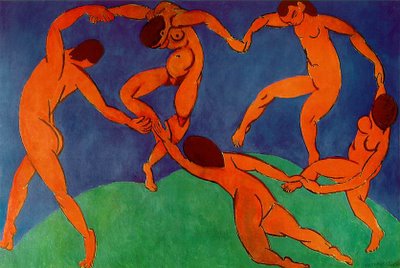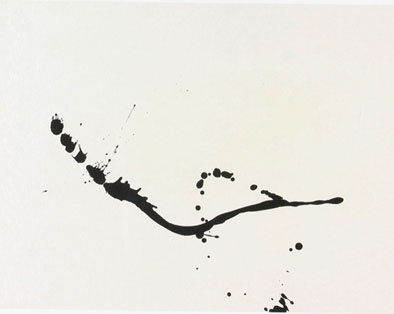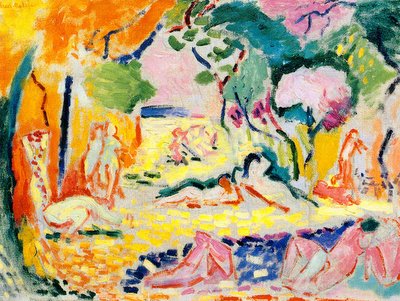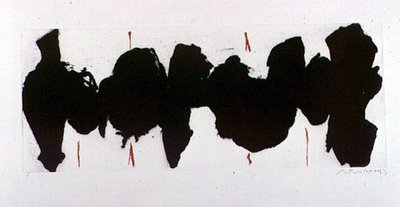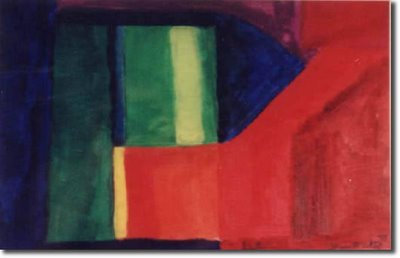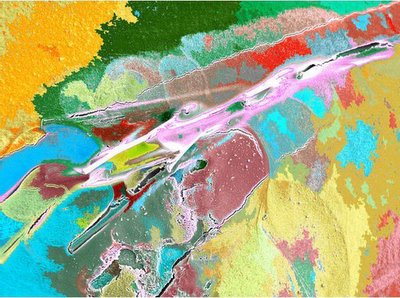
God is our refuge and strength, a very present help in trouble. Therefore we will not fear, though the earth should change, though the mountains shake in the heart of the sea; though its waters roar and foam, though the mountains tremble with its tumult... Come, behold the works of the Lord; see what desolations he has brought on the earth. He makes wars cease to the end of the earth; he breaks the bow, and shatters the spear; he burns the shields with fire. ‘Be still, and know that I am God! I am exalted among the nations, I am exalted in the earth.’ The Lord of hosts is with us; the God of Jacob is our refuge. (Psalm 46: 1-11)
When we invite and receive God into our life we give away cause for fear. Working with God we can achieve the impossible. This does not mean we will avoid pain. In the eyes of many we may fail. But if truly working with God, we are assured of ultimate success.
Separate from God our goals and fears can be little more than illusions. "For a thousand years in your sight are like yesterday when it is past," is how another reading for today explains the reality of time. (Psalm 90)
The steadfast love of God extends far beyond the limitations of our experience and perspective. Separate from God our lives are little more than a sigh. Together with God we contribute to and experience a prosperity that transcends these limitations.
Satisfy us in the morning with your steadfast love, so that we may rejoice and be glad all our days. Make us glad for as many days as you have afflicted us, and for as many years as we have seen evil. Let your work be manifest to your servants, and your glorious power to their children. Let the favour of the Lord our God be upon us, and prosper for us the work of our hands - O prosper the work of our hands! (Psalm 90: 14-17)
Above is an image of dust particles captured by an electron microscope. Cris Orfescu is an artist who specializes in nanoart. He calls this image Infinity.




